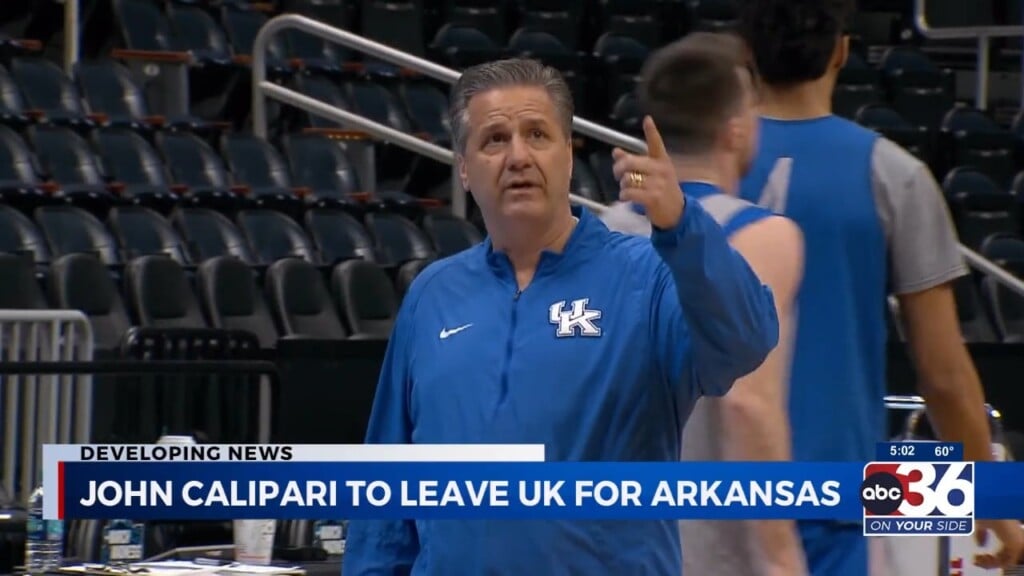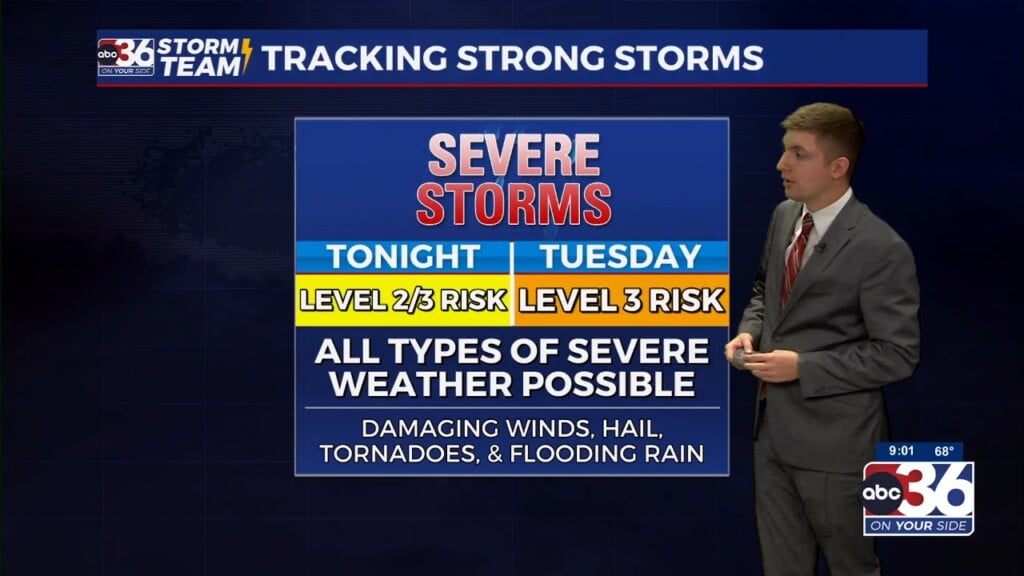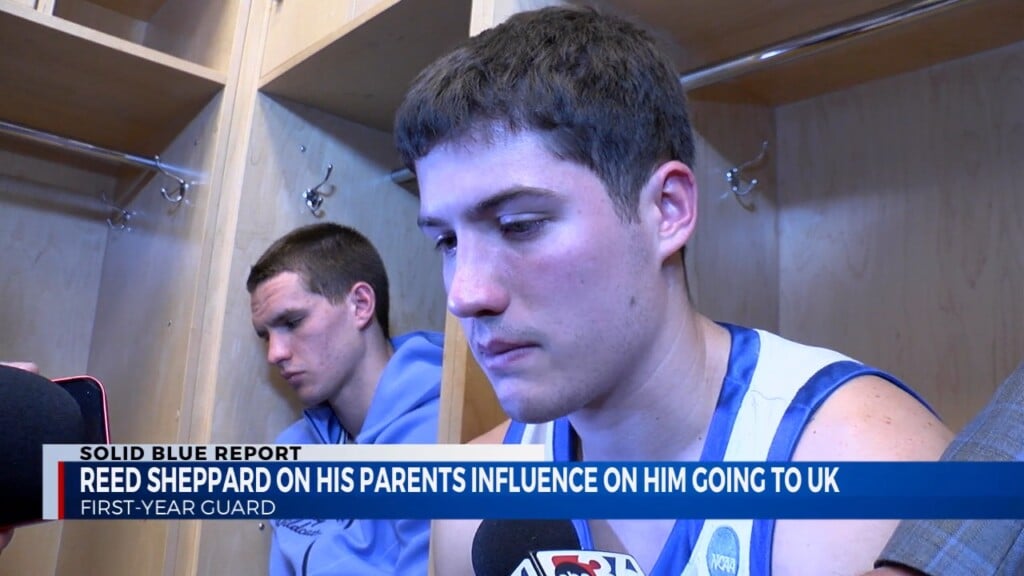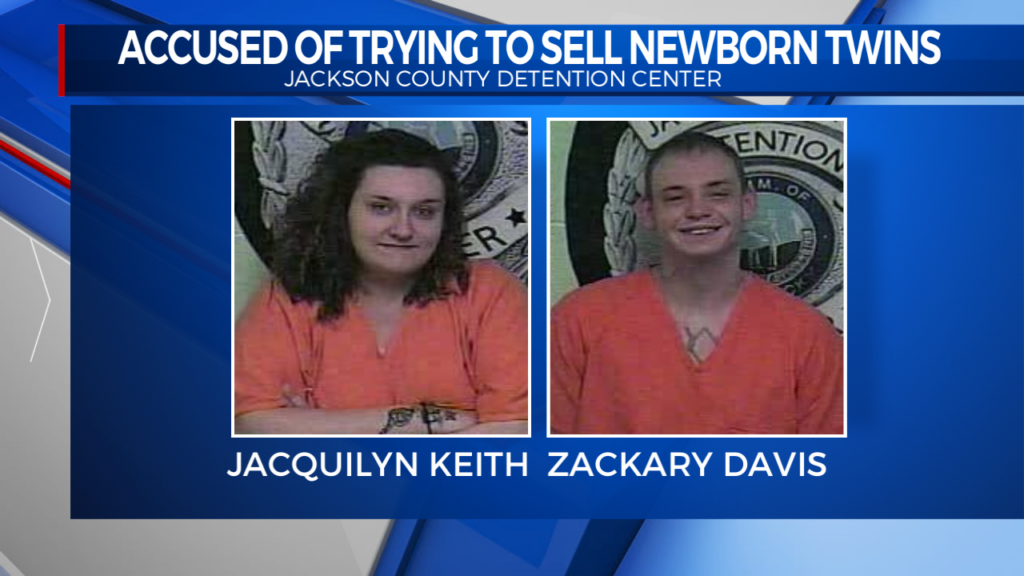UK HealthCare participates in COVID-19 vaccine distribution readiness test
LEXINGTON, Ky. (WTVQ) – UK HealthCare was chosen by the Centers for Disease Control and Prevention (CDC) and the Kentucky Department for Public Health to participate in a national distribution readiness test for Pfizer’s COVID-19 vaccine. UK HealthCare officials discussed the findings with reporters virtually on Friday.
“Our ongoing coordination with the Kentucky Department for Public Health and the CDC is critical as Kentucky prepares to start administering the first COVID-19 immunization shots,” said UK HealthCare Chief Pharmacist Philip Almeter. “This exercise will help to ensure an efficient vaccine distribution as soon as possible after a vaccine receives regulatory approval.”
According to UK HealthCare, Pfizer conducted the end-to-end logistics test the week of Nov. 30 with jurisdictions throughout the U.S. including federal partners and select pharmacy partners.
As part of the test run, UK HealthCare Pharmacy received a mock shipment of Pfizer’s COVID-19 vaccine on Thursday to test operational and logistics readiness for vaccine distribution. The exercise also tested the capabilities of the new “Tiberius” tracking system, a software program created specifically for Operation Warp Speed that links databases to track COVID-19 vaccine doses from manufacture to patient inoculation.
As part of the test, the Kentucky Department for Public Health identified UK HealthCare as a provider location and entered an order for the mock vaccines through the CDC’s Vaccine Tracking System. UK HealthCare pharmacy received mock ancillary kits and a thermal shipping container without the vaccine.
Pending regulatory approval, Almeter said 1,950 doses of the Pfizer COVID-19 vaccine could be received by UK HealthCare as soon as mid-December, “It’s a large operation but I think that state has done a great job.”
Mark F. Newman, University of Kentucky Executive Vice President for Health Affairs says the test run is incredibly important, “The more prepared you are, the lower the risk of things going poorly.”
Almeter said they have room for 100,000 doses. When it comes to shelf life, the vaccine is stable for a long time at -80 degrees Celsius but once you thaw it, you have five days to use it. Almeter says each 2 mL vile contains five doses.
The vaccine, which requires two doses administered between three and four weeks apart, has been submitted for Emergency Use Authorization and is expected to be reviewed by an FDA Advisory Committee on Dec. 10.
Pfizer has been working with U.S. officials in Operation Warp Speed and the CDC to help ensure that after potential authorization or approval, the Pfizer COVID-19 vaccine can reach those in most need as quickly and equitably as possible.
When it comes to administering the vaccine, Newman says they will be looking at its’ highest risk employees first. He estimate about 70-80% would get the vaccine with the appropriate information.
“We’re encouraging but not mandating them for our employees,” added Newman.
Newman says it’s important employees get the vaccination and anyone with doubts should remember, “As we start to vaccinate, we’ll get more and more data continuously over time.”
But health officials say the vaccination isn’t a green light to disregard coronavirus restrictions.
“This is, again, the beginning of the end. We still have to be cautious. We still have to have people wearing masks,” said Newman. “You don’t want to get close to the finish line and get people infected.”
Almeter added those who have already tested positive and recovered should still get vaccinated, “We’re seeing reinfection rates three months after testing positive.”
“This vaccine will help us wipe this out and I’m very encouraged that this test run went well,” said Almeter.
Almeter says they will continue to follow CDC and state health officials for guidance, “That is our road map here.”
According to Governor Andy Beshear, Kentucky is expected to receive 38,025 COVID-19 vaccine doses in the first round of shipments from the federal government. These doses are all for the initial vaccine; booster shots will be delivered approximately three weeks later. Both Pfizer and Moderna’s vaccines require an initial dose and a booster dose.




Leave a Reply